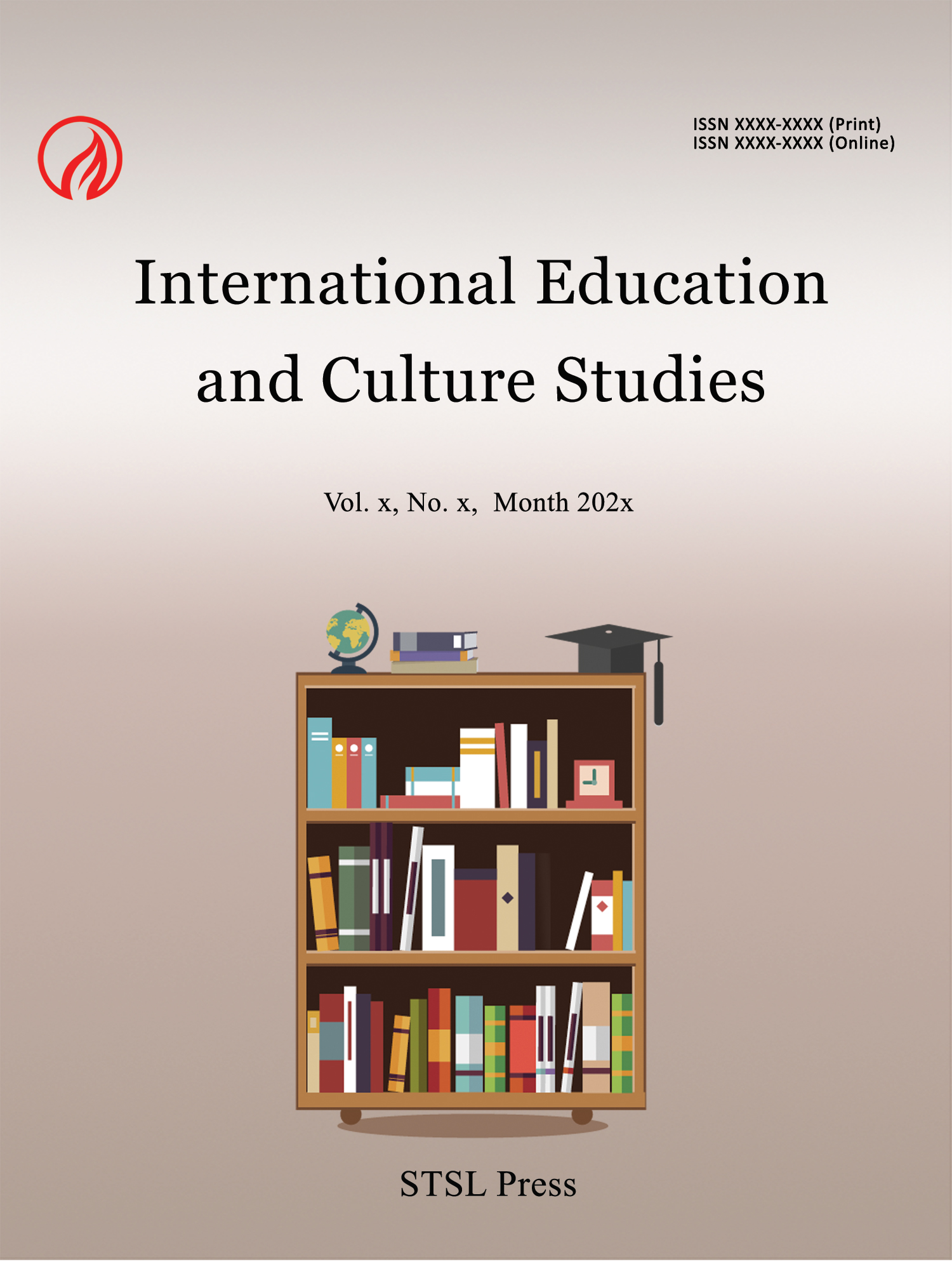Generative Artificial Intelligence in Higher Education: Understanding Faculty Adoption Through the Technology Acceptance Model
Tony Robinson
Abstract
Generative Artificial Intelligence (AI) is increasingly transforming higher education by enhancing teaching methodologies, automating administrative tasks, and supporting research initiatives. Faculty adoption of generative AI is critical for maximizing its potential benefits, yet its acceptance remains inconsistent due to factors such as usability, perceived usefulness, and ethical concerns. This study employs the Technology Acceptance Model (TAM) to investigate the relationships between Perceived Ease of Use (PEOU), Perceived Usefulness (PU), Attitude (ATT), and Intention to Use (IU) among faculty in higher education. A quantitative research design was used, with data collected through an online questionnaire distributed to faculty members. The results indicate that PEOU significantly predicts PU, reinforcing the importance of usability in AI adoption. However, PU negatively influences ATT, suggesting that while faculty recognize AI’s usefulness, they may have concerns regarding its implications for academic integrity and pedagogical changes. Despite this, ATT strongly predicts IU, indicating that faculty attitudes are the primary driver of AI adoption. These findings highlight the need for institutional AI training, ethical guidelines, and AI-integrated curriculum strategies to facilitate responsible adoption. Future research should incorporate qualitative insights and expand to multiple institutions to enhance generalizability.
Paper:
pdf
DOI:
https://doi.org/10.71002/iecs.v5n2p1
 This work is licensed under a
Creative Commons Attribution 4.0 License.
This work is licensed under a
Creative Commons Attribution 4.0 License.
Contact us
- Jerry Lee
- iecs@stslpress.org
